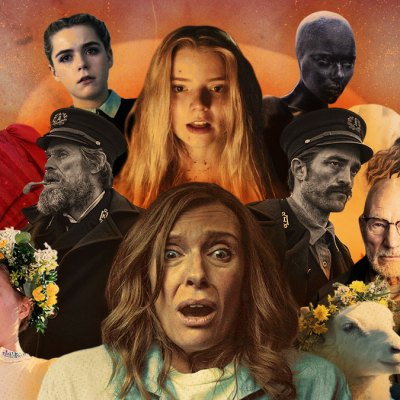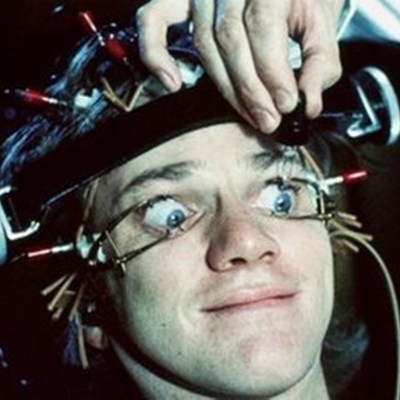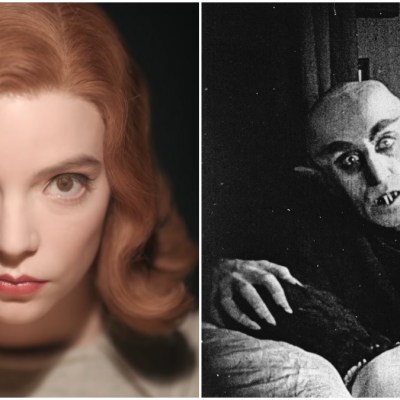Horror Movies That Should Get the Halloween Reboot Treatment
With David Gordon Green successfully relaunching Halloween, other horror staples might go the same route.
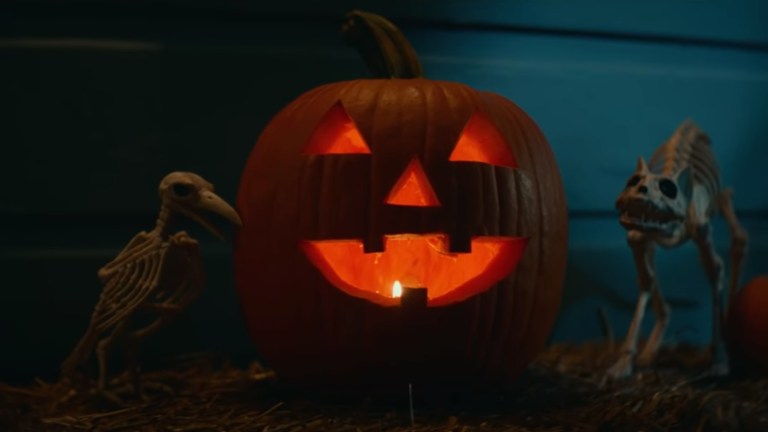
Three years ago, director David Gordon Green and producer Jason Blum took on a challenge: reboot the classic horror movie Halloween (1978) with a new sequel that basically ignored all the other sequels and remakes, some nine in all, which had come out in the last 40 years. 2018’s Halloween was a resounding success, both creatively and commercially, acting as a direct sequel to the John Carpenter milestone and dispensing with all the canon (good or bad), and baggage that had built up in the previous decades.
Now that Gordon and Blum have proved that their experiment was viable—and are continuing it with Halloween Kills (which opens this week) and Halloween Ends (which is slated to arrive next year)—the next question naturally arises. Which creatively exhausted, financially depleted, or simply long-dormant horror tentpole could benefit from the same treatment?
There are surprisingly a number of respected, venerable horror titles that could possibly fit the bill, and indeed some of them may be in line for the Halloween-style reboot already. Let’s take a look and see how these could be made to work…
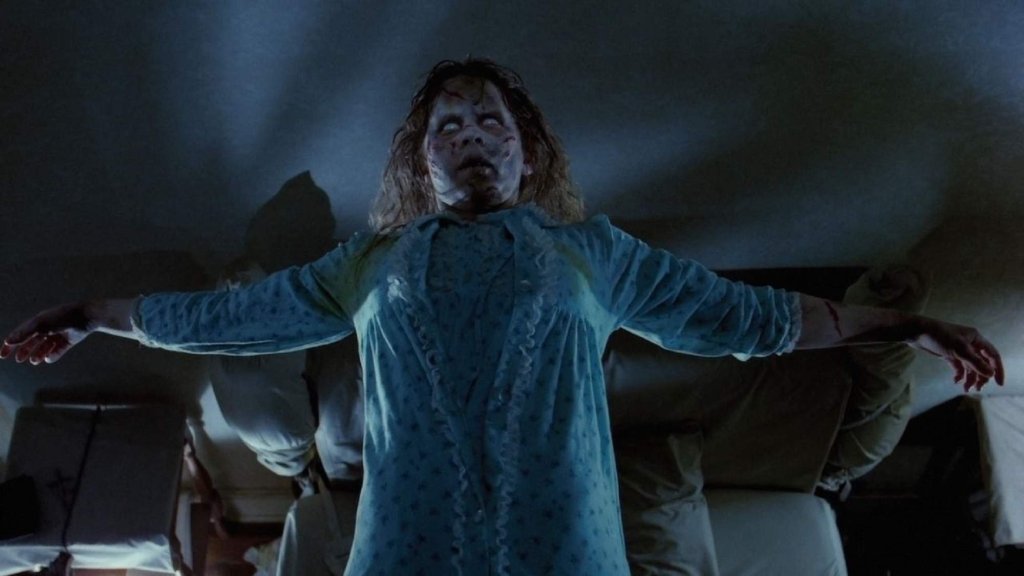
The Exorcist
We’re going to start with one of two projects that’s already in motion, and this first one is from the same team—Blum, Green and screenwriter Danny McBride—that brought you the new Halloween. Yes, they’re tackling the holiest (pun intended) of horror icons next time, with another trilogy that is intended to serve as a direct follow-up to the original 1973 masterpiece from director William Friedkin.
The Exorcist has not fared all too well in the franchise business, with four movies made in its wake—three of them outright disasters and only one of them (The Exorcist III) considered worthy of the name. A short-lived TV series also got high marks, but was cancelled after two little-seen seasons.
Green intends to make a direct sequel to the first film, again apparently ignoring all the films that came out since then, in which Leslie Odom Jr. will play a father whose child has been possessed by a demon, leading Odom Jr. to turn to Ellen Burstyn’s Chris MacNeil for help. Burstyn has already been signed on to reprise her role, although to date Linda Blair—who played MacNeil’s possessed child Regan in the original—is not involved. At least we can be assured that Green isn’t attempting a remake, which had been long speculated. But endeavoring to recapture the terrifying brilliance of The Exorcist is a tall order, nonetheless.
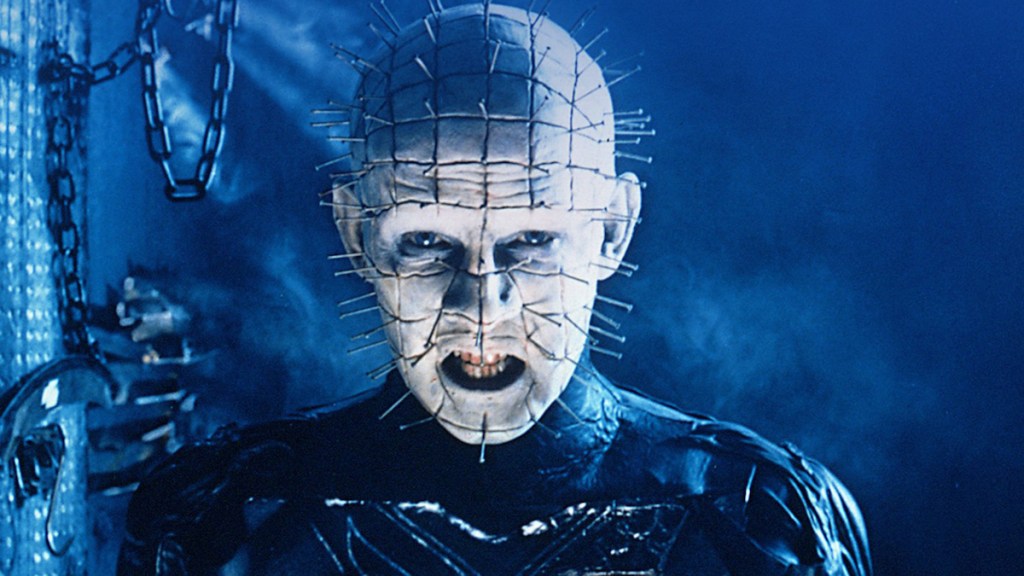
Hellraiser
This reboot of Clive Barker’s signature tale (the original novella, The Hellbound Heart, was first published in 1986) is already in production and perhaps not a moment too soon—or maybe a few decades too late. Following the generally well-received original film in 1988 (which Barker adapted and directed himself) and a fairly impressive sequel (1988’s Hellbound: Hellraiser II), the franchise descended into a seemingly endless stream of dreck with six of its nine sequels going direct-to-video and at least two of them seemingly made just to keep the rights to the brand.
A straight remake has been mooted for years, with Barker himself involved at one point or another, and a Hellraiser TV show was announced by HBO in 2020, although little has been heard from it since. At the same time, a reboot film was unveiled by Miramax and Hulu, with David Bruckner (this year’s excellent The Night House) directing, David S. Goyer (Foundation) onboard as a writer and producer, and Barker involved as well. Goyer recently stated that the film is going “back to the source,” meaning Barker’s original novella, with Jamie Clayton (Sense8) cast as the “Hell Priest” (aka Pinhead). It remains to be seen whether there is enough interest to launch a whole new series of films.
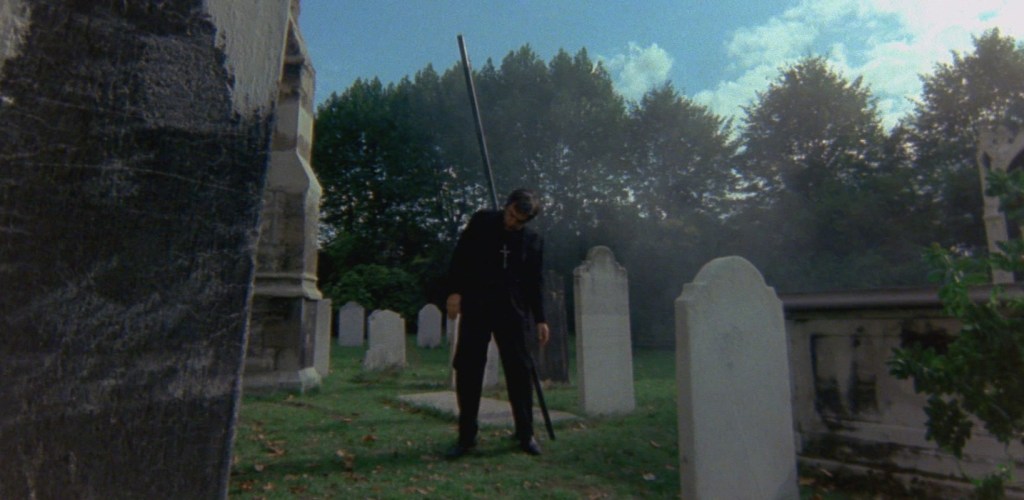
The Omen
Richard Donner’s fourth film and major breakthrough as a director (it landed him the gig directing Superman) was also one of the most successful “Satanic” horror films to follow in the wake of The Exorcist, while also capitalizing on the “end times” hysteria driven by books like Hal Lindsey’s The Late, Great Planet Earth. Sadly, the succeeding sequels to Donner’s excellent thriller failed to live up to their own, uh, prophecies.
Damien: Omen II (1978) offered up nearly a dozen creative death scenes but little else as the Antichrist entered puberty, but The Final Conflict (1981), with Sam Neill as an adult Damien, didn’t even show us the long-awaited title bout between the son of Satan and a reborn Jesus Christ. An unwatchable fourth film (produced as a TV movie), a lifeless 2006 remake of the original, and an already-forgotten 2016 TV series didn’t do Junior any favors either. With the proper budgets and talent, however, a new series of sequels could perhaps effectively visualize Damien’s rise to power, the Rapture and the apocalyptic battle with Christ. Think about it, in the current political climate wouldn’t a new direct sequel to The Omen about a middle-aged American demagogue rising to apocalyptic power be the stuff of nightmares?
Still, all that religious mumbo-jumbo might leave that Left Behind taste in everyone’s mouth.
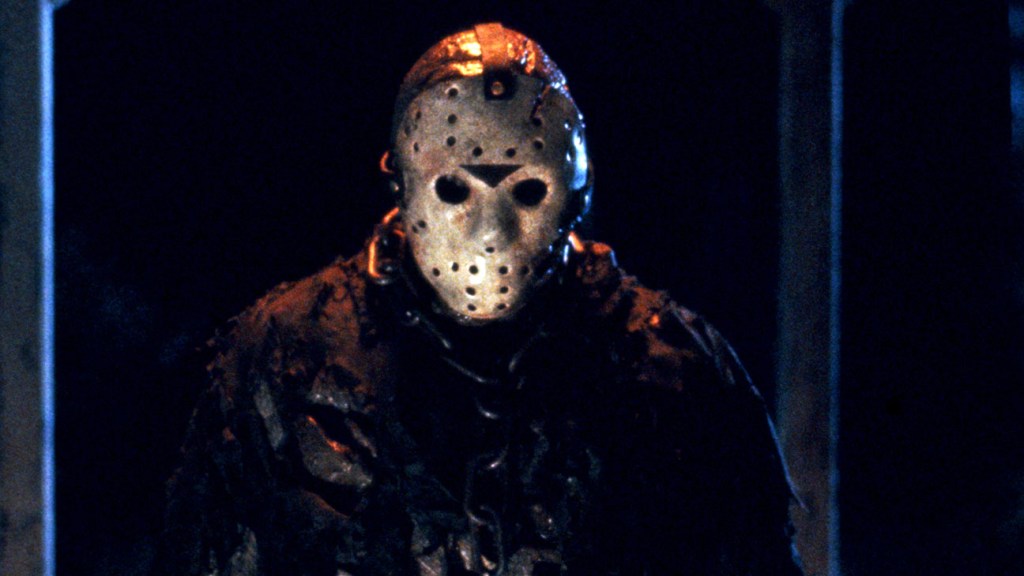
Friday the 13th
Yes, everyone has a favorite entry or two (or at least a guilty pleasure) in the long-running Friday the 13th saga, but this is a series that was running on fumes almost from the get-go. For Chrissakes, even the 1980 original isn’t exactly a great movie. Nonetheless, it’s renowned for its plentiful gore and that immortal, shocking ending. So returning to that ending could be interesting, particularly since the mythology of the original series has been nearly as snarled and convoluted as that of Halloween. So why not pretend that the (quick count) 11 succeeding films never happened? Pick up right where the first film left off and re-introduce Jason in a creative new fashion.
It’s a good idea on paper, but as late as 2017, a standard prequel/reboot had been in the works with directors like David Bruckner and Breck Eisner attached, while a production company owned by LeBron James was in the mix in 2018. All of that became moot, however, this year when the original film’s screenwriter, Victor Miller, won back the rights to that very first screenplay. There’s a lot that Miller doesn’t own though, including the adult version of Jason, and there are other stakeholders involved that may keep the hockey-masked murderer off the screen for a while to come.
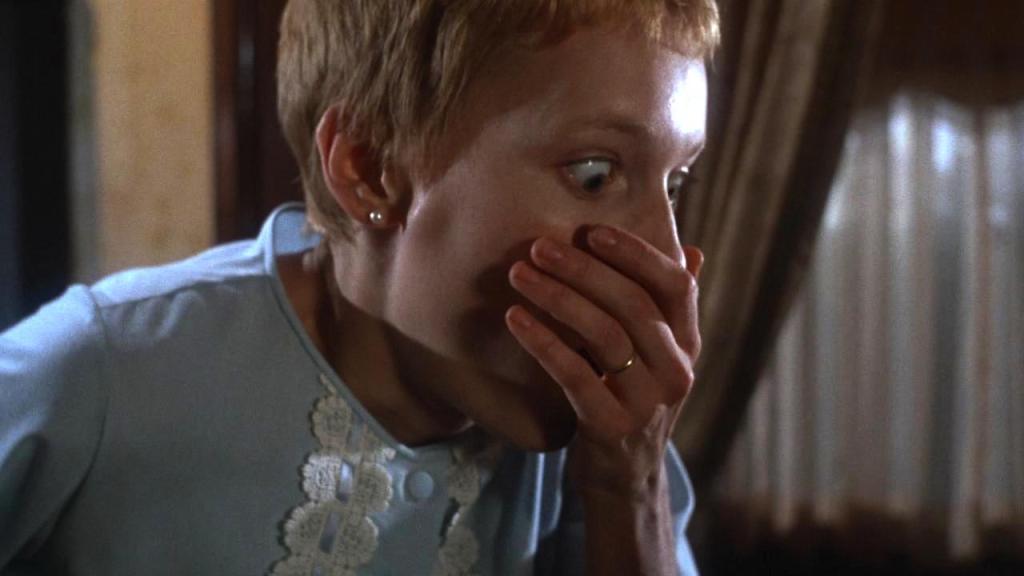
Rosemary’s Baby
Ira Levin’s 1967 novel, Rosemary’s Baby, changed the course of the horror genre: a massive bestseller, it made horror a much more viable brand for publishers and helped pave the way for future hits like The Exorcist and authors like Stephen King. Similarly, the 1968 movie adapted and directed by Roman Polanski was also a tremendous box office success that elevated horror beyond drive-ins and seedy B-movie gutters into something more high-profile.
Levin and Polanski both went on to more success in their respective careers (Polanski’s tragic history and personal criminal behavior notwithstanding), but not much else was done with their singular creation. A 1976 TV-movie, Look What’s Happened to Rosemary’s Baby, which brought back Ruth Gordon in her Oscar-winning role as Minnie Castevet (but recast all the other major characters), was poorly conceived and now forgotten. Meanwhile a 2014 miniseries starring Zoe Saldana took a number of liberties with the novel while stretching it out to four unnecessary hours. Even Levin’s own literary sequel, 1997’s Son of Rosemary, took some bizarre twists and turns and ended with both books apparently being all a dream.
So how about it? While we don’t want to see the original movie remade again, certainly a direct sequel (or sequels) detailing what did happen to little Adrian, his mother, the Castevets and their cult could be a formidable horror experience. The term itself, “Rosemary’s baby,” remains ingrained in pop culture.
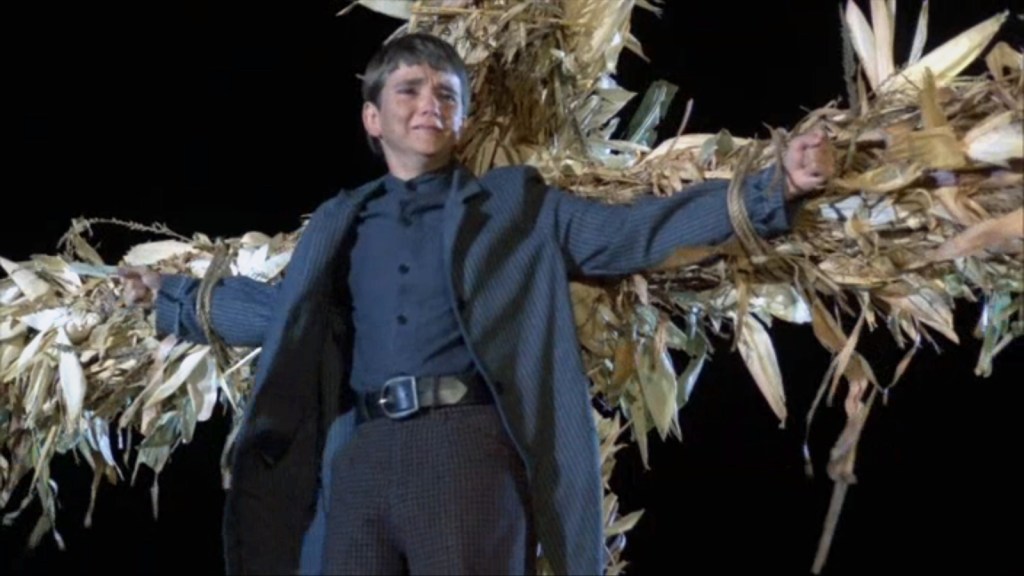
Children of the Corn
Who would have thought that Stephen King’s 1977 short story, originally published in Penthouse magazine and taking up a mere 30 pages or so in his classic Night Shift collection, would be the unholy progenitor of one of the longest-running franchises in horror history? After some 37 years and 11 films, the highest rating any of the entries were able to muster on Rotten Tomatoes (if reviewed at all) was a measly 33 percent, and that was for the original, which was a lousy piece of junk to begin with.
We’re not going to even pretend we’ve watched any of these pictures beyond the first, and from what we understand, there’s little or no continuity among them anyway. Yet the original tale is creepy enough (if far from King’s best), so conceivably the whole thing could be rebooted from scratch and perhaps even given the kind of folk-horror angle that has been back in fashion in recent times. Or since the original has nostalgic value, imagine coming back on the same town 40 years after “the children” took over and may have been replaced by other generations. No, it doesn’t make sense, but a screenwriter could hammer out the logistics. The name alone still has some kind of cache, after all. Someone’s been watching these things for nearly four decades!
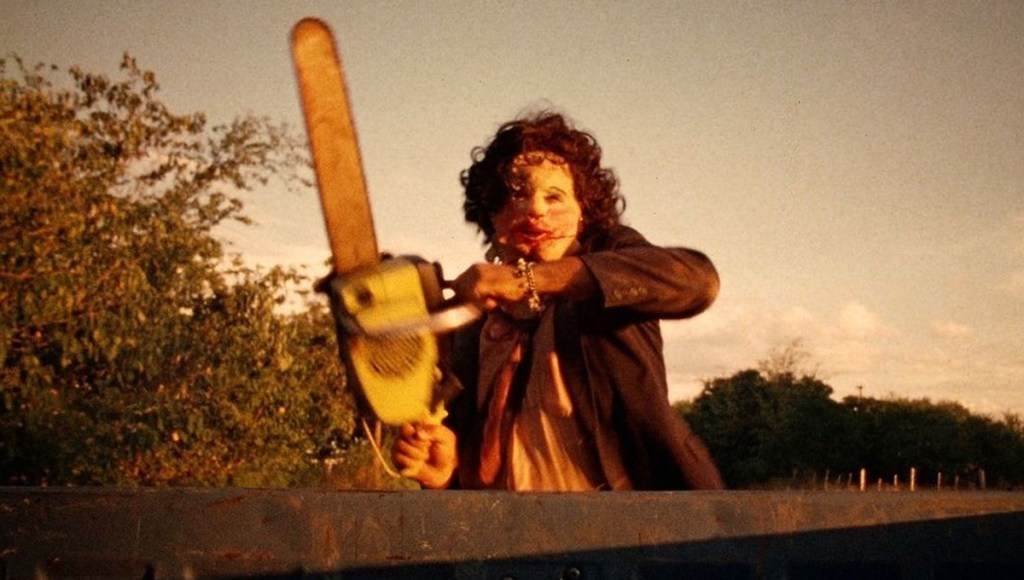
The Texas Chain Saw Massacre
Along with Zack Snyder’s 2004 remake of Dawn of the Dead, the 2003 “re-imagining” of Tobe Hooper’s seminal 1974 classic The Texas Chain Saw Massacre proved to Hollywood that iconic horror brand names could be repackaged for maximum box office appeal while fending off naysayers who decried the potential desecration of the genre’s tentpoles. Fortunately, the 2003 Massacre was quite an effective film on its own, even if it didn’t quite match the nightmarish surrealism of the original.
Then again, few films have, including all seven other titles that fall under the Texas Chain Saw umbrella. Even Hooper’s own, long-delayed 1986 sequel is only intermittently gripping, while more recent misfires like 2013’s Texas Chainsaw 3D and 2017’s Leatherface have only continued to sully the brand. Now the franchise seems to be going the Halloween route. There’s an alleged “direct” sequel to the original film, shot last year and directed by someone named David Blue Garcia, and it’s slated to be released by Netflix at a yet-to-be-determined date.
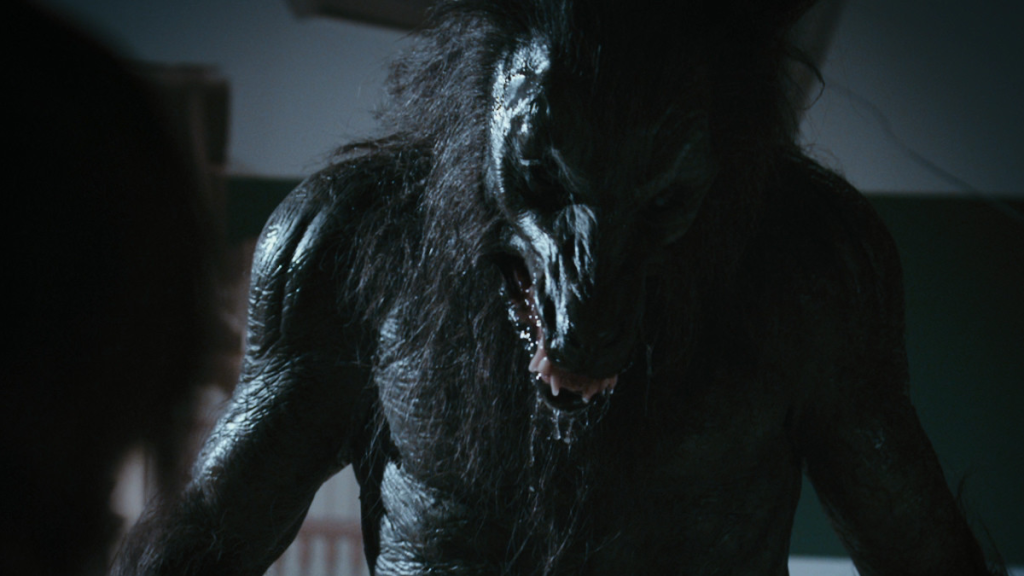
The Howling
Incredibly, The Howling is another horror series that somehow lasted for 30 years, encompassing eight films (not to mention the three novels by author Gary Brandner on which the movies are loosely based) that have almost all gone direct-to-video and bear little resemblance or relation to the much loved 1981 classic directed by Joe Dante and featuring groundbreaking transformation effects by Rob Bottin.
The legendarily bad Howling II…Your Sister is a Werewolf was the first and last more-or-less direct sequel to the Dante film. But since the franchise has been dormant since 2011, the time is probably ripe for a full-on remake/reboot rather than a direct sequel to the now 40-year-old original, although any new film can certainly make plentiful references to the Dante movie. It director Andy Muschietti was supposedly going to direct a remake for Netflix, although his current involvement with DC’s The Flash has clearly set that aside for now, with no updates since early 2020.

Frankenstein/Dracula
Hey, why not? The list of adaptations, reboots, reimaginings, and sequels related to these two iconic monsters is far too long to go into, with too many different twists and turns to their long, winding roads onscreen, so rather than a direct sequel to anything, we’d love to see—imagine this—a faithful adaptation of the original source material.
Francis Coppola’s 1992 Bram Stoker’s Dracula, while a superb film on its own, didn’t quite live up to its title, while Kenneth Branagh’s 1994 Mary Shelley’s Frankenstein was actually extremely faithful, only way too jacked up on histrionics (with Robert De Niro, let’s face it, miscast as the Creature). We’d love to see Guillermo Del Toro’s long-awaited take on the latter, with sequels akin to Bride of Frankenstein and Son of Frankenstein to follow.
As for the Count, he’s been mostly relegated to cartoon antics in the Hotel Transylvania series, so any reboot would need to make him as dark, decrepit (at least at first), and menacing as Stoker originally envisioned him. Whether a Blumhouse reboot directed by Karyn Kusama, first announced in March 2020, can raise Dracula from his cinematic coffin remains to be seen.
Halloween Kills opens in theaters and begins streaming on Peacock this Friday (October 15).

